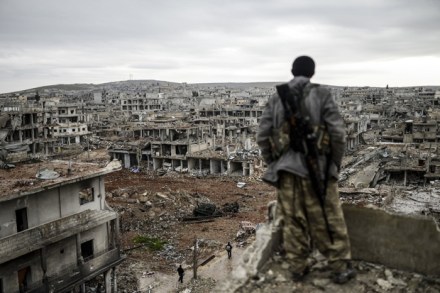Jeremy Corbyn in the firing line over Russia at PLP meeting
Although Jeremy Corbyn’s spokesman described tonight’s meeting of the PLP as barely registering on the Richter scale in terms of hostility, it could hardly be described as an hour of sweetness and light. While the meeting appeared to get off to a good start with loud cheers that could be heard from the corridor, it later transpired that the applause was for Rosie Winterton — the chief whip Corbyn sacked — rather than the Labour leader himself. When Corbyn praised Winterton for her work in the role over the past six years, he was heckled by MPs who questioned why he had fired Winterton if he really thought so much



















